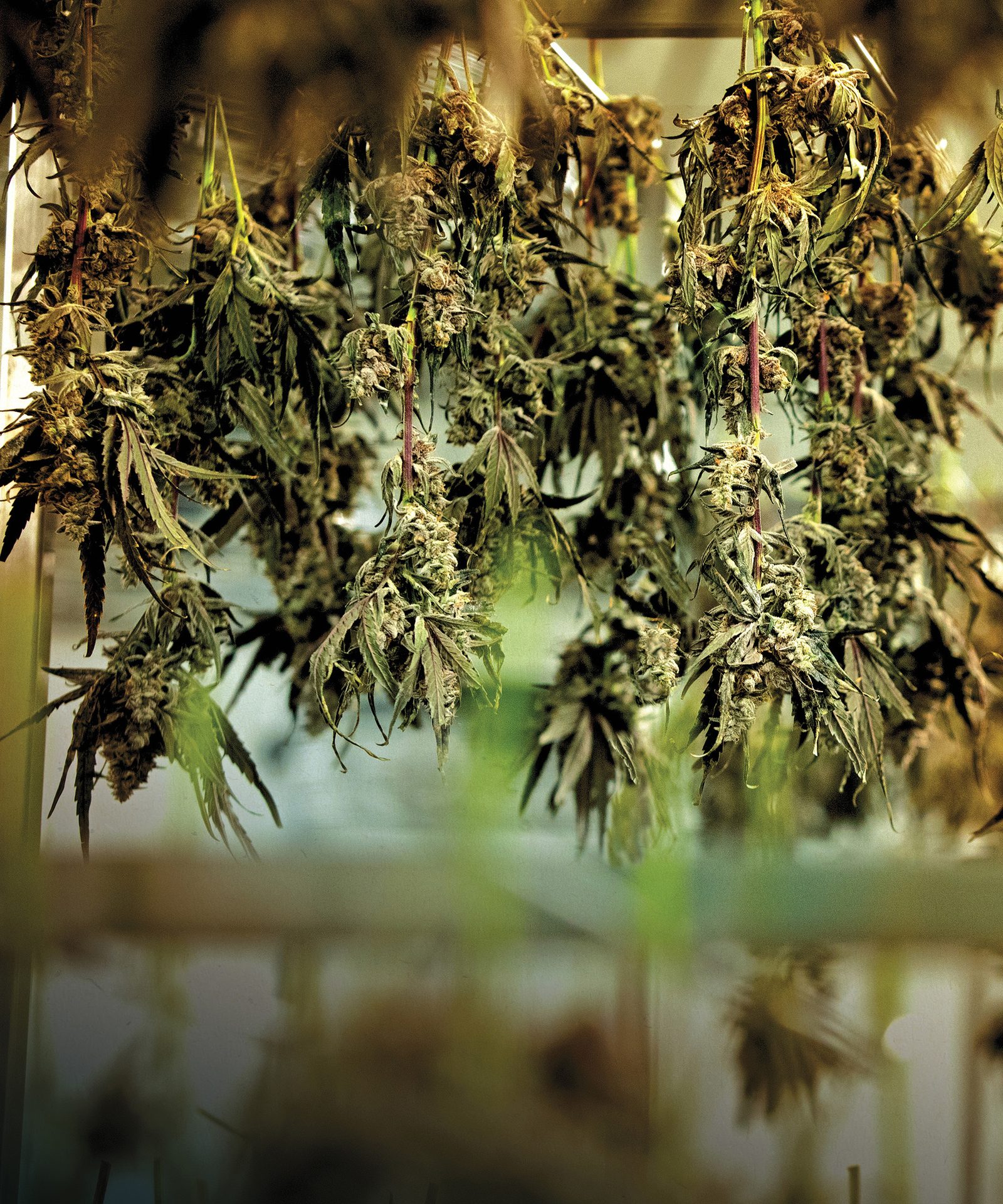
Inflating the Truth (and THC)
If something smells off... It probably is.
There is an alarming trend of Canadian Cannabis companies inflating THC potency on their labels. 67% of consumers trust the potency listed on their cannabis label, according to our research (source: CIP flower study, 2023) and most purchase decisions are based on price and potency. Are cannabis consumers really getting what they paid for? Probably not.
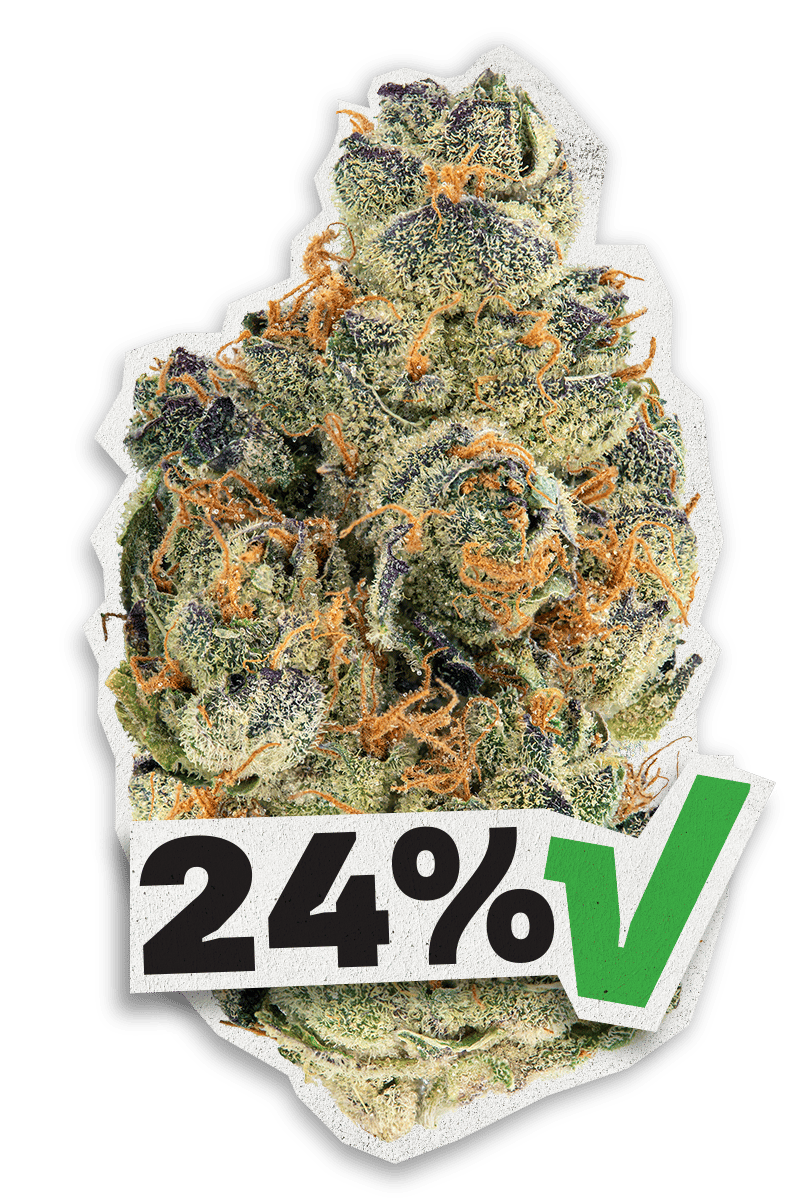
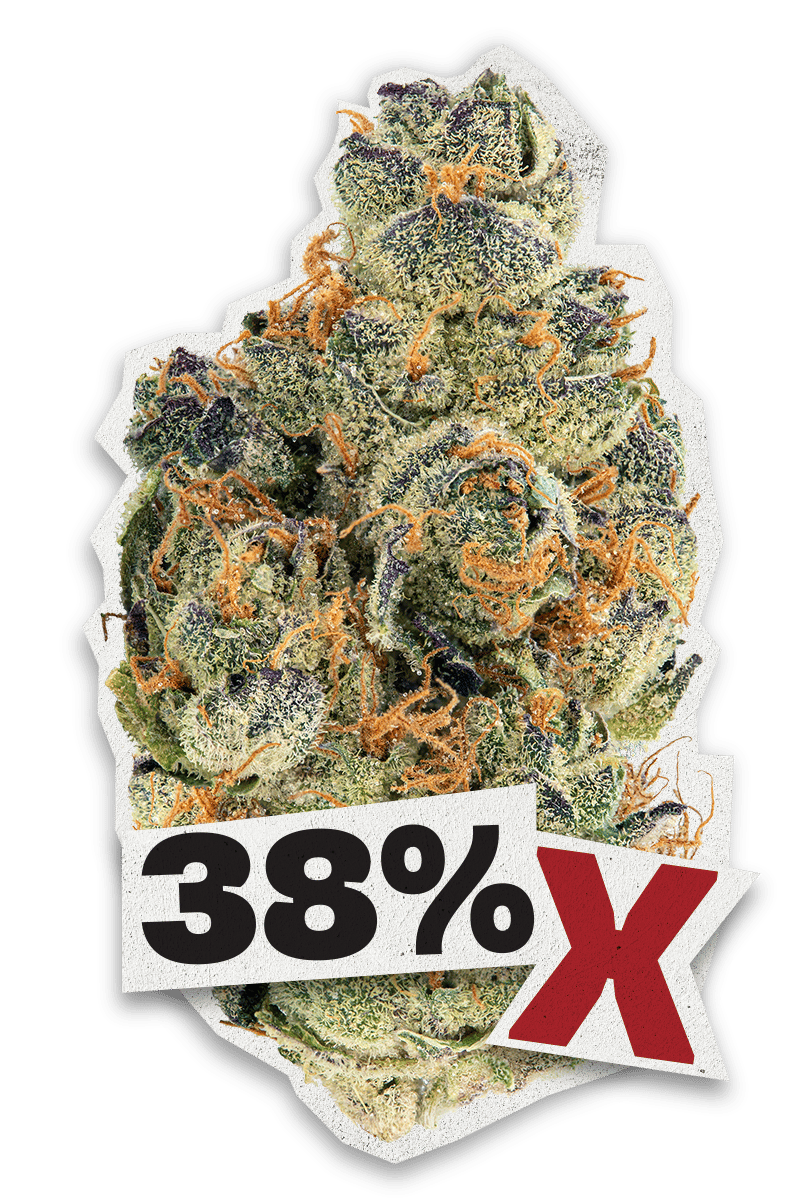

Fight back against false advertising
Act now! Sign the petition asking Health Canada to standardize THC potency testing. Let's make labels accurate, help consumers choose wisely, and create a safer cannabis industry for all. Join the movement today!

HOW IS THC POTENCY MANIPULATED?
Health Canada hasn't set clear and strict testing standards for cannabis testing like they have for other regulated products. Some cannabis companies and labs use sneaky tactics to inflate THC levels. These are the most common practices used today.
Same batch. Different sampling and testing methods.

HOW IT AFFECTS YOU
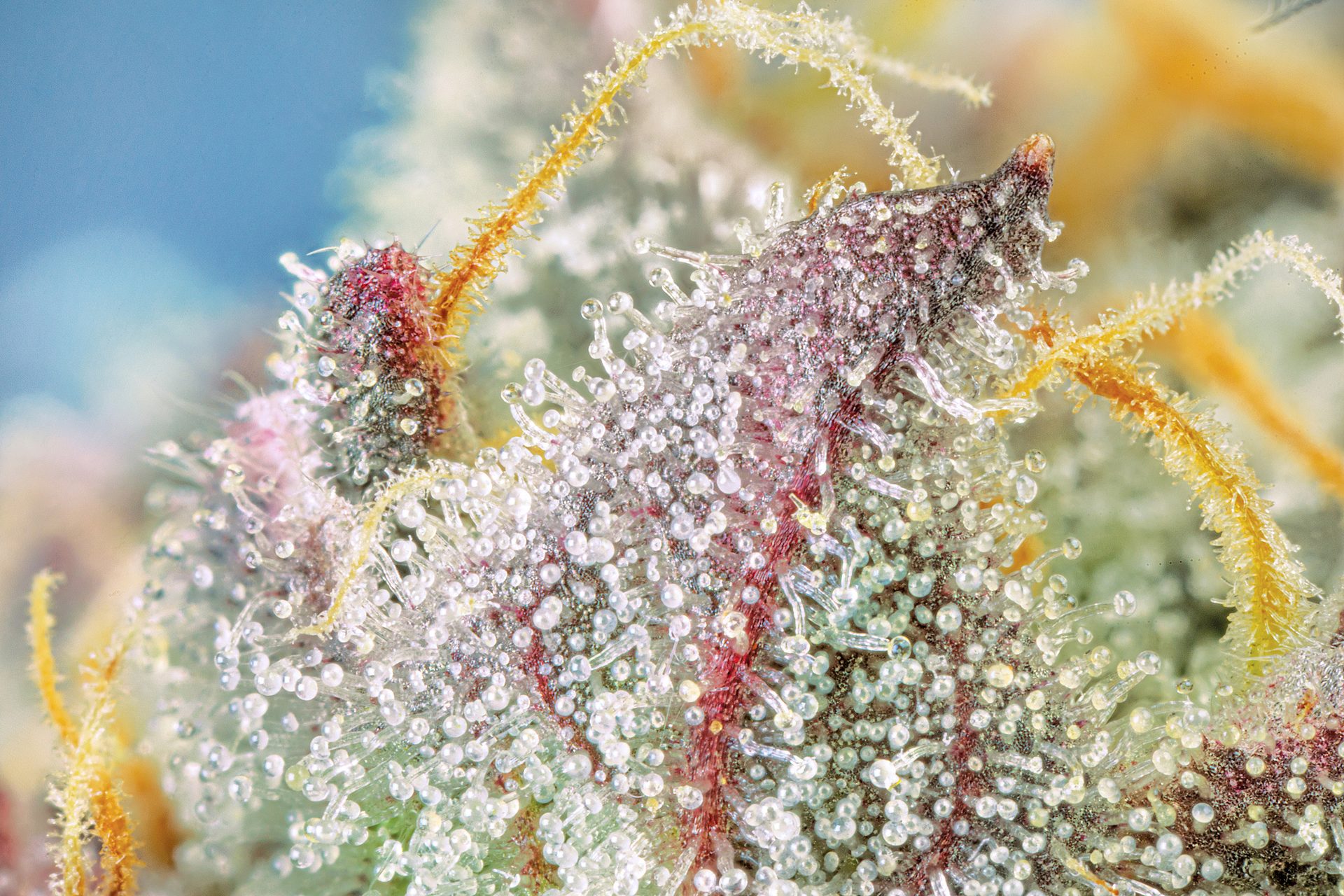
Accurate and transparent product labeling is crucial to empower Canadians with the necessary information for responsible cannabis use.
Inflating THC levels misleads consumers, providing them with a false sense of a cannabis product's potency and preventing them from making informed decisions. This deception can have ill effects on the consumer, lead to dissatisfaction in one’s purchase, or an inflated perception of a consumer’s tolerance.
When cannabis products are mislabeled in the legal market, people lose trust in what they're buying and can undermine the credibility of the legal market. To build trust and make people choose legal products, it's important to have accurate labels.

A NOTE FOR BUDTENDERS
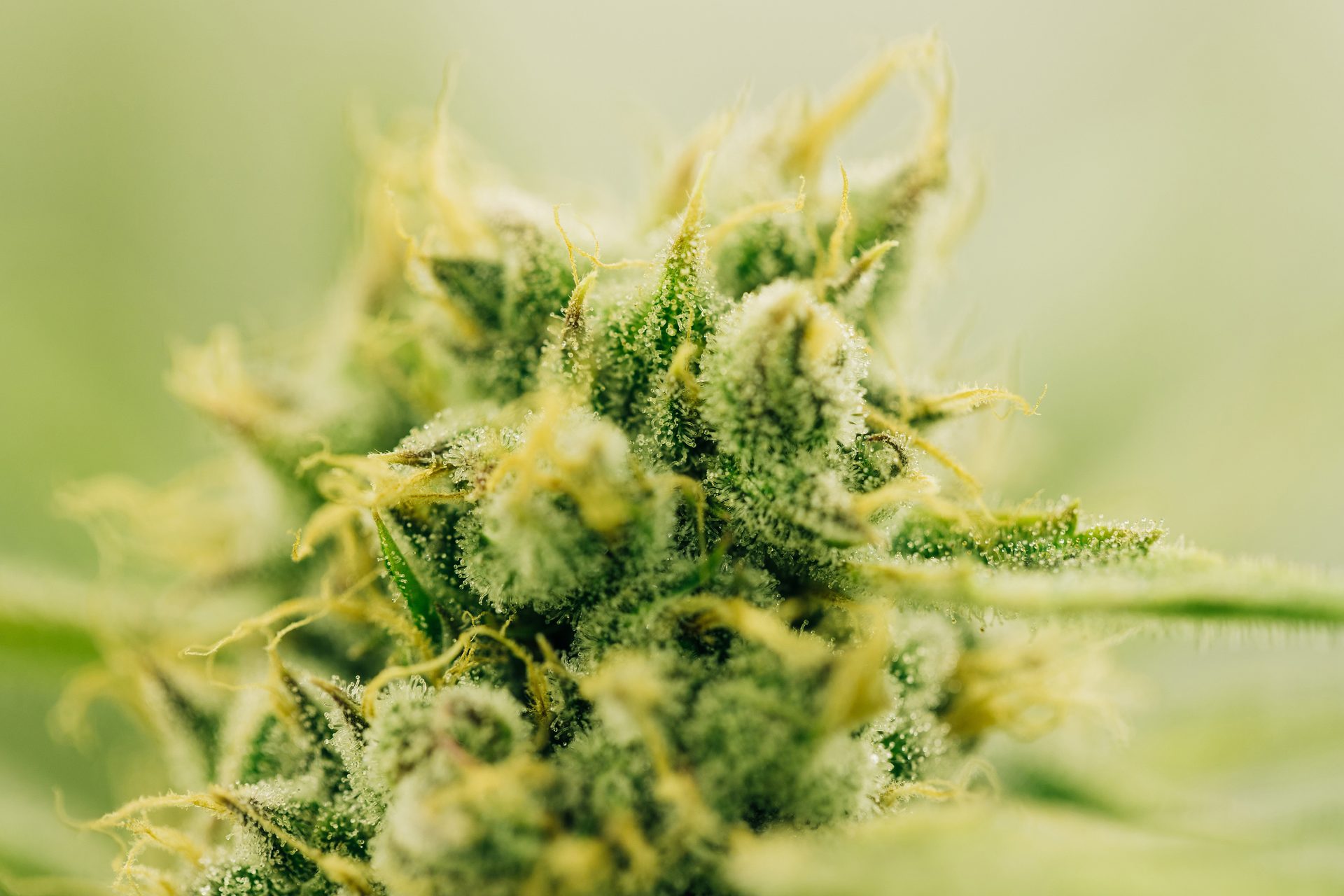
Budtenders play a crucial role in ensuring the safety of cannabis consumers and maintaining the integrity of the industry. Here are a few ways you can help.
- Let them know THC inflation is real and a problem in the cannabis industry.
- Educate customers about other important aspects of cannabis, such as aroma and terpene profiles, to enhance their cannabis experience beyond just high THC levels.
- Encourage them to visit inflated-thc.com and sign the petition asking Health Canada to standardize THC potency testing.
